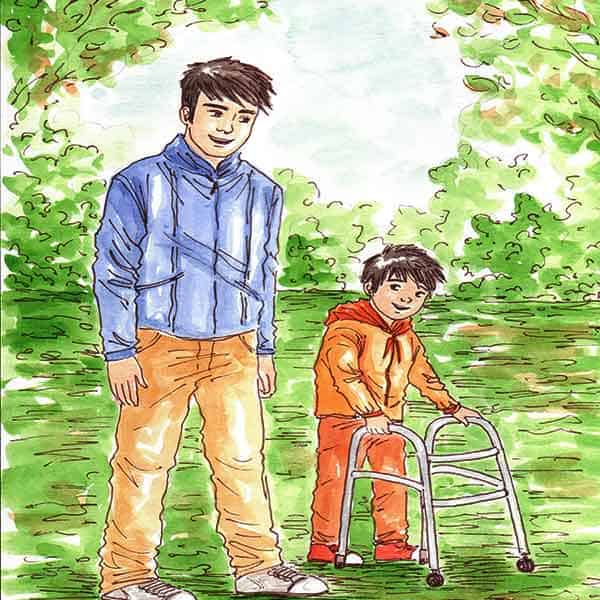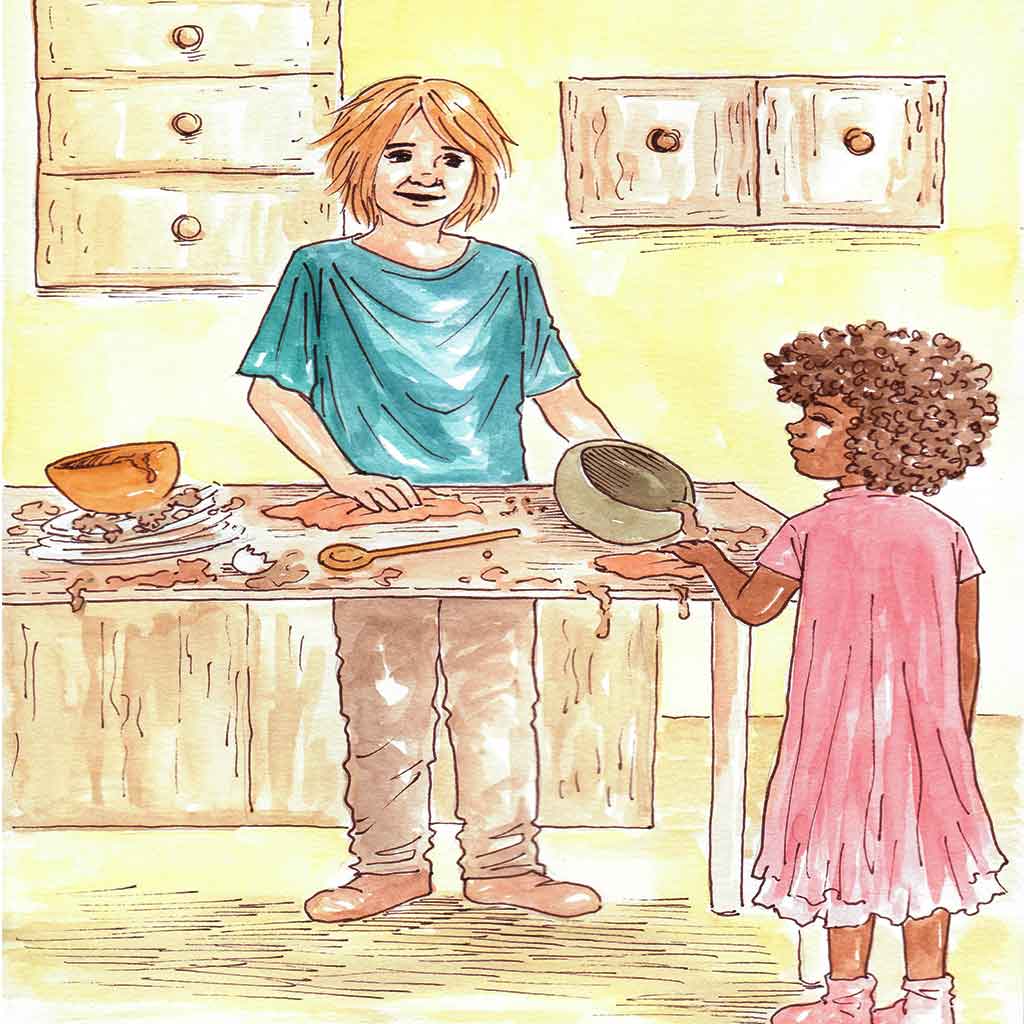Respite Care for Children and Adults
Respite care for Children and Adults is a service that provides a temporary break between the family and the care recipient. Respite preserves the quality of life both for the care recipient as well as the ones caring for them helping give them balance while enhancing overall family life.


Home and Community
Respite Services can happen in the Care recipients home or in the community.
We have seen amazing results on families when respite care for Children and Adults have been available and used as a regular part of their weekly routine. An additional benefit is that the care recipient usually receives better quality care because you are more likely to have more balance in your life and better health.
We understand no one can care for the ones you love like you can and sometimes it is not easy to find someone you trust to hand over the care for even a short period. We also know it is important that you take care of your own personal well-being and your family life especially when you are handling and managing overwhelming daily care needs.
Raising children is difficult work, raising children with special needs adds to the level of stress both on the lives of the family as well as on the ones providing the extra care. The need to be always on, with very little relief from the responsibilities and challenges of caring for your child, and with the added strain of juggling medical, schools, therapies, family and all the daily needs that come with having a child with special needs. Having time to step away and take a breath can make all difference in the world.
Additional Respite Options for Children and Adults
What if I can not receive respite care for Children or Adults through CSSOW as a Medicaid In Home Care Agency what are some other options?
You may be able to receive funding for Assisted Living Support Services which we operate under the Medicaid Personal Care contract with DDA. Even though it is not considered respite you still receive a break. We may be working on different areas but the result can be the same.
Take Advantage of Informal Respite Care for Children and Adults when friends or family ask what they can do to help, give them a time or a chore that would give you a break. We know this is not easy but if you keep a list by the phone or in your phone let them know what you need. They will either help or not ask again, this also helps you know who really wants to help. Another option is a service like http://lotsahelpinghands.com/ it is free and has a help calendar. You can post requests for support for respite but also include other things that may help you, like rides to activities for siblings mowing your lawn, good times to visit, or picking you up a mocha. Members of your community can quickly find ways to help, and Lotsa will send reminders and help coordinate logistics automatically so nothing falls through the cracks. These are good things to have even if you have respite hours.
Camp has been a great form of respite care for Children and Adults helping to aid families for many years. Whether a child has a disability, camp can be a positive experience for any child as well as a break for parents. For children with disabilities, chronic or terminal illnesses, the chance to participate in either an integrated or adapted camp can be life-expanding. The Center for Special Health Care needs with Seattle Children’s has a great list of Summer Camps http://cshcn.org/resources-contacts/summer-camp-directory/ You can search the directory by any individual characteristic or multiple characteristics. Search by region, condition, or month – or all three.
Look at starting a Co-op. Family cooperatives have been developed in communities, especially rural areas, where respite services are very limited. In this type of model, families of children with disabilities and/or chronic illnesses develop an informal association and “trade” respite services with each other. This Co-op exchange allows families to receive respite on scheduled dates. In most parent or family caregiver cooperatives, fees are not assessed. This model has proven to be especially effective for families whose children or other family members have similar disabilities.
This can be abused by some families but one way we have seen this work well is to use tickets. Everyone gets the same number of tickets which are worth a set time. When you use the co-op, you give your tickets to the other family when your tickets are gone you must provide the service back to get more respite.
Enhanced Respite care for Children and Adults Services can provide access to short term respite services in a structured community-based setting for DDA enrolled children and youth who meet specific criteria. Services are intended to provide a break in caregiving for families/caregivers; the opportunity for behavioral stabilization of the child; and the ability to partner with the state in the development of an individualized service plan to enable the child to return and remain at home.
Check out http://informingfamilies.org/wp-content/uploads/2015/07/Enhanced_Respite.pdf
Overnight Planned Respite is a community-based service for adult clients of the Developmental Disabilities Administration (DDA) who live in the family home. It offers a break to paid and unpaid family caregivers (as well as unpaid non-family caregivers), and provides individualized activities and support for the adult client.
Check out http://informingfamilies.org/wp-content/uploads/2015/07/Planned_Respite.pdf
